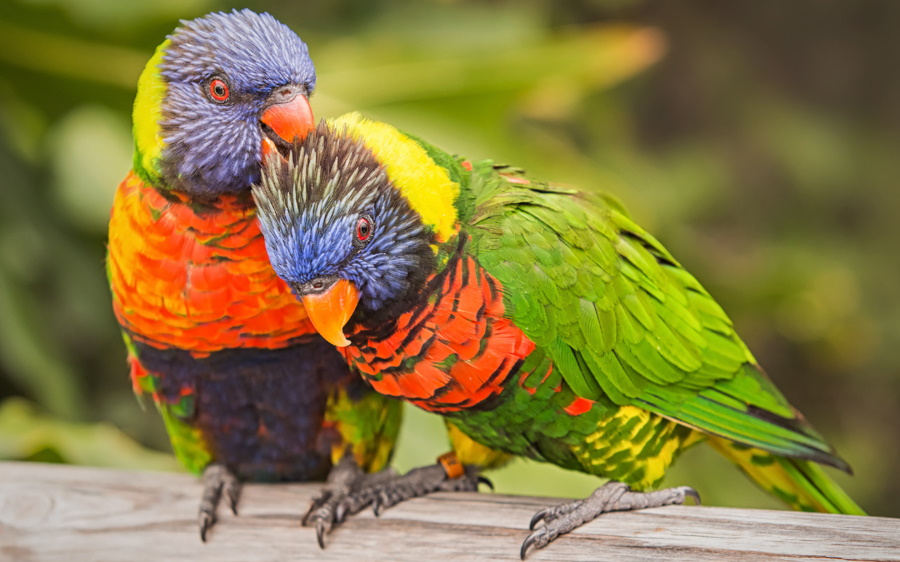Why You Should Take Your Pet Bird to an Avian Vet
- Written by NewsServices.com

Pet birds should see an avian veterinarian every year or even more often, ideally. Newly purchased birds should also have a full check-up from an avian vet so it can be assessed for possible contagious diseases. To ensure you get the best care for your bird, the vet should be appropriately qualified and a member of the Association of Avian Veterinarians.
It's important for people to bring their birds in for regular check-ups, because it helps monitor their health and also allows the pet owner to learn more about how best to keep their winged companion happy and healthy as well as share any new information about them. It's also important to keep up to date with vaccinations, worming and parasite prevention and treatment.
An avian veterinarian will typically ask you questions about the history of your pet bird and its general health, diet and living conditions such as exposure to other birds or animals. A number of disorders (for example, zinc toxicity from galvanized wire or dishes, loose perches, territorial or sexual behavior and nutritional deficiencies) can be diagnosed by an examination of the cage which will reveal evidence of their presence. They will identify any vitamin deficiencies your bird may have and give you advice on any behavioural issues, as well as show you the correct way to clip your bird's wings.
If you notice that your bird is not acting quite like when you bought him or her, then it is time to bring him/her in immediately because they are probably sick. Your vet plays an important role in your bird’s life because birds tend to mask their pain or illness – and by the time you notice something is wrong, it may be too late. Here are some signs that your bird may be unwell:
- * being less active or social than usual
- * fluffed up feathers - it is normal for birds to fluff up their feathers but if they are continually fluffed up this is often a sign that they don't feel well
- * if your bird suddenly stops eating
- * if your bird is drinking excessively
- * if your bird is regurgitating food for no apparent reason (this can be normal during courtship)
- * changes in droppings - continually watery or a change in colour
- * sudden behavioural changes - this could be due to hormones or environmental problems, but it could also indicate illness or exposure to toxins
As you can see, it is vital to keep your bird's health in check by having regular check-ups by a qualified bird vet - Brisbane bird owners have a choice of excellent avian vets in Brisbane and the Gold Coast. While you may feel that you can look out for obvious signs of ill health, a lot can go wrong internally that you will not be able to see. Some diseases and illnesses can be fatal and can only be caught by carrying out a full examination. When you bring your bird in for a check up, you will have the opportunity to have a full examination. They will be able to identify any issues with your pet, and treat those issues if necessary. They will also give you advice to help you to provide your bird with the proper diet and environment it needs for a happy, healthy life. Remember, prevention is better than cure!





